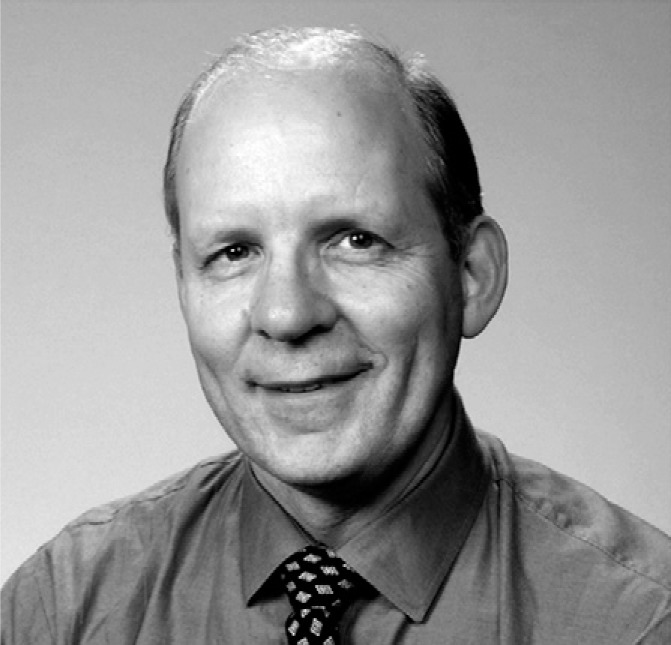
Robert C. Groom
Remember those “time outs,” sentences decreed by adults with authority over children whose behavior or conduct missed the mark? I have long considered them a form of punishment; however, there is recent evidence to suggest that a “time out” is a powerful adjunct that greatly enhances experiential learning. In a recent publication by Giada Di Stefano and colleagues (1), reflection is defined as the attempt to synthesize, abstract, and articulate the key lessons taught by an experience. In a mixed-methods study design, they examined the effect of subjects deliberately focusing on thinking about what they have been doing, on their performance, and found that reflection improves performance. Furthermore, they reported that the enhanced performance is mediated by increased self-efficacy learned by reflection.
We also learn vicariously by examining and reflecting on the work of others. This issue of the Journal is rich in subject matter for reflection. In particular, the work by Landis and colleagues, “Attenuating the Systemic Inflammatory Response,” is a must-read. The authors synthesize the published literature on cardiopulmonary bypassrelated inflammation and reflect on the gaps in the evidence and offer concise direction for future work.
We are all saddened by the recent passing of Madeline Massengale-Beall. Remembrances of Maddie in this issue, written by Mark Kurusz and Jeff Riley, provides a reflection on Maddie’s professional accomplishments and collected thoughts from her contemporaries. The reflection on her accomplishments reminds us that an individual can make a difference. The collective thoughts of her contemporaries remind us that our relationships with colleagues are precious, sacred, and enduring. I will always remember her countenance as she greeted Calvin Scott, Leroy Ferries, and Jeff Riley in the lobby of the Hilton Bonnet Creek Hotel at AmSECT’s 50th International Convention in Orlando in March of 2012. Her eyes were filled with love, joy, and gratitude for them and others.
Take time to reflect on your work and the published work of others. Reflect on the precious professional relationships while there is time.
“Not enjoyment, and not sorrow,
Is our destined end or way;
But to act, that each to-morrow
Find us farther than to-day.
Art is long, and Time is fleeting,
And our hearts, though stout and brave,
Still, like muffled drums, are beating
Funeral marches to the grave.
Let us, then, be up and doing,
With a heart for any fate;
Still achieving, still pursuing,
Learn to labor and to wait.”
Excerpts from—A Psalm of Life by Henry Wadsworth Longfellow, What the Heart of the Young Man Said to the Psalmist (2).
REFERENCES
- 1.Di Stefano G, Gino F, Pisano GP, Staats BR.. Learning by Thinking: How Reflection Aids Performance, March 25, 2014. Harvard Business School NOM Unit Working Paper No. 14-093, Harvard Business School Technology & Operations Mgt. Unit Working Paper No. 14-093. Available at: http://papers.ssrn.com/sol3/papers.cfm?abstract_id=2414478. Accessed August 31, 2014.
- 2.Longfellow HW.. Psalm of life: What the heart of the young man said to the Psalmist. In: Favorite Poems of Henry Wadsworth Longfellow, illustrated by Edward A. Wilson. Garden City, NY: Double-day, 1947:12. [Google Scholar]


